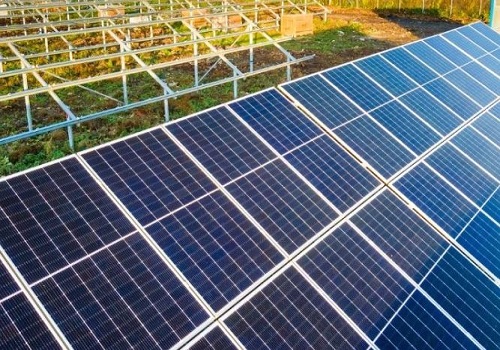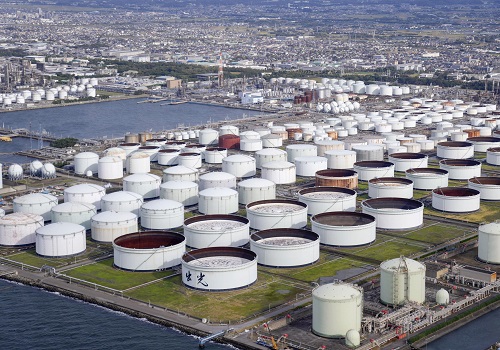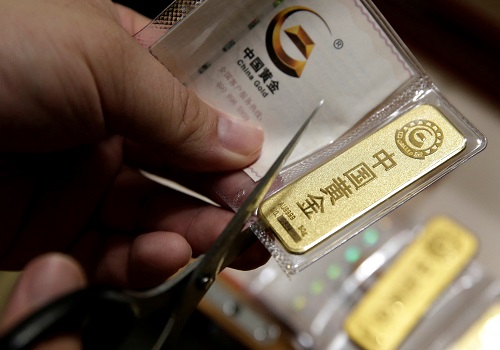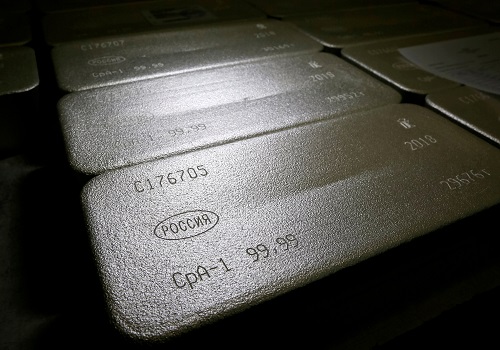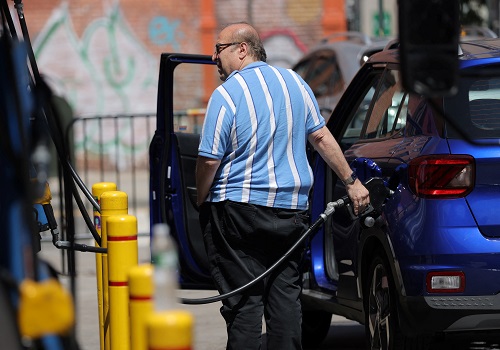Oil prices slip after China cuts import quotas
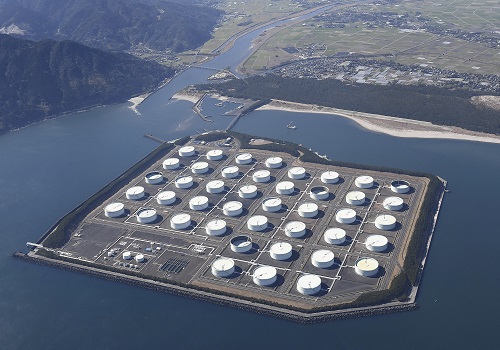
Follow us Now on Telegram ! Get daily 10 - 12 important updates on Business, Finance and Investment. Join our Telegram Channel
LONDON - Oil prices eased on Thursday after the world's top importer China cut the first batch of crude import allocations for 2022, offsetting the impact of U.S. data showing fuel demand had held up despite soaring Omicron coronavirus infections.
Brent crude futures fell 27 cents, or 0.3%, to $78.96 a barrel at 1322 GMT. U.S. West Texas Intermediate (WTI) crude futures slid 36 cents, or 0.5%, to $76.20 a barrel after six straight sessions of gains.
Oil prices pared earlier gains after China, the world's top crude importer, lowered the first batch of 2022 import quotas to mostly independent refiners by 11%.
"Market sentiment weakened on worries that the Chinese government could take stricter actions against the teapots," a Singapore-based analyst said, referring to the independent refiners.
Global oil prices have rebounded by between 50% and 60% in 2021 as fuel demand roared back to near pre-pandemic levels and deep production cuts by the Organization of the Petroleum Exporting Countries and its allies (OPEC+) for most of the year erased a supply glut.
U.S. Energy Information Administration data on Wednesday showed crude oil inventories fell by 3.6 million barrels in the week to Dec. 24, which was more than analysts polled by Reuters had expected. [EIA/S]
Gasoline and distillate inventories also fell, versus analysts' forecasts for builds, indicating demand remained strong despite record COVID-19 cases in the United States.
Oil prices also drew support from steps taken by governments to limit the impact of record high COVID-19 cases on economic growth, such as easing testing rules.
OPEC+ will meet on Jan. 4 to decide whether to continue increasing output in February.
Saudi Arabia's King Salman said on Wednesday the OPEC+ production agreement was needed for oil market stability and that producers must comply with the pact.
Iraq said it would support sticking to existing OPEC+ policies to raise output by a combined 400,000 bpd in February.
Shell said it had resumed exports of Forcados oil in Nigeria, easing one of three major global outages which also include Ecuador and Libya.








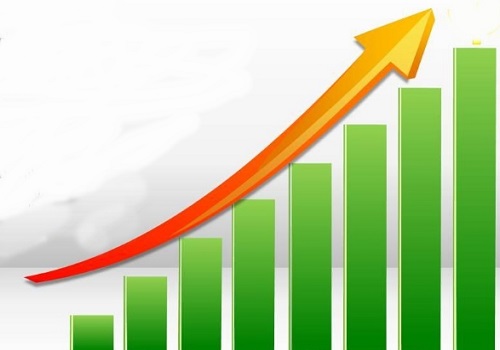



 320-x-100_uti_gold.jpg" alt="Advertisement">
320-x-100_uti_gold.jpg" alt="Advertisement">


